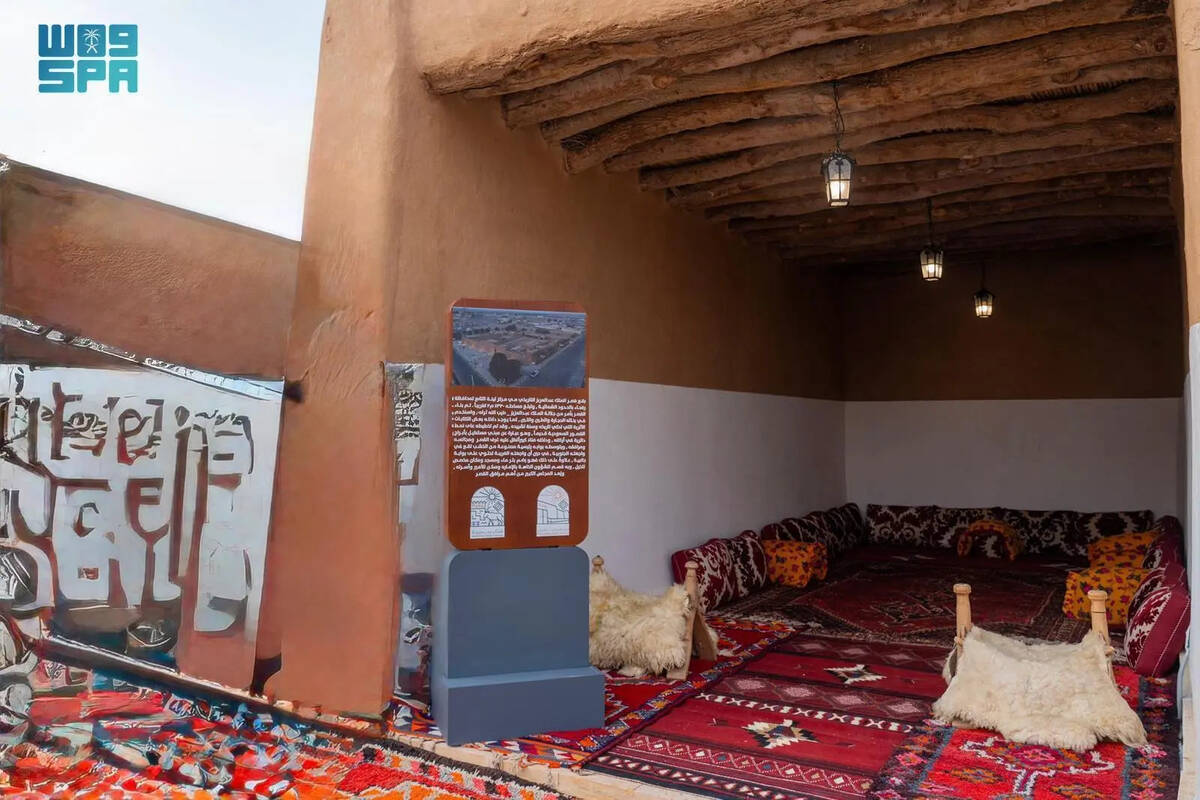RIYADH: The King Abdullah University of Science and Technology has made a notable research breakthrough, developing a new composite material that improves the efficiency and lifespans of the cells used in solar panels through cooling.
The new technology has the potential to cut down the maintenance cost of solar cells, according to the Saudi Press Agency. Results of the study, carried out in partnership with the King Abdulaziz City for Science and Technology, were published in the journal Materials Science and Engineering.
The study targeted the issues of commercial solar panels, which only convert around 20 percent of sunlight into electricity, while the remainder is absorbed as heat or reflected away. Other problems include high temperatures, which reduce the efficiency and performance of the cells, shortening their lifespan and demanding more frequent replacement.
This means that cooling is essential, yet traditional cooling systems such as fans and pumps consume electrical energy; passive cooling, on the other hand, requires no electricity.
Prof. Chiaochiang Gan, lead researcher at KAUST, explained that the nanomaterials used in the passive cooling process are thin substances that can be applied to multiple systems that demand cooling, such as solar cells and agricultural greenhouses, without affecting their performance.
He said that the study, conducted through the Center of Excellence for Renewable Energy and Storage Technologies, led to the creation of a material that absorbs moisture from the air at night and releases it during the day.
Covering solar cells with this material, when deployed in coastal areas of Saudi Arabia for weeks, helps keep them cool.
The passive cooling technology also helps reduce the cost of generating electricity from these cells by 18 percent.
Experiments were also conducted in cold and rainy regions of the US to test its effectiveness in different climate conditions; the results proved the technology effective in all environments.
Preliminary studies also show that other applications for the material include light-emitting devices, which typically suffer from reduced efficiency at higher temperatures.
Abdullah Al-Muqbil, researcher at the Institute of Microelectronics and Semiconductors, director of the Optics and Electronics Center of Excellence at KACST, and co-author of the study, noted that these findings also open up potential for application in lighting and laser technologies.
The research team at KAUST achieved a record-breaking performance in solar cell efficiency due to their specialized designs, showcasing the diverse expertise at the university, according to SPA.
The Center of Excellence for Renewable Energy and Storage Technologies is one of four research centers of excellence run by KAUST. It aims to support the Kingdom’s national goals in fields such as artificial intelligence, food security, renewable energy and storage technologies and smart health.
































